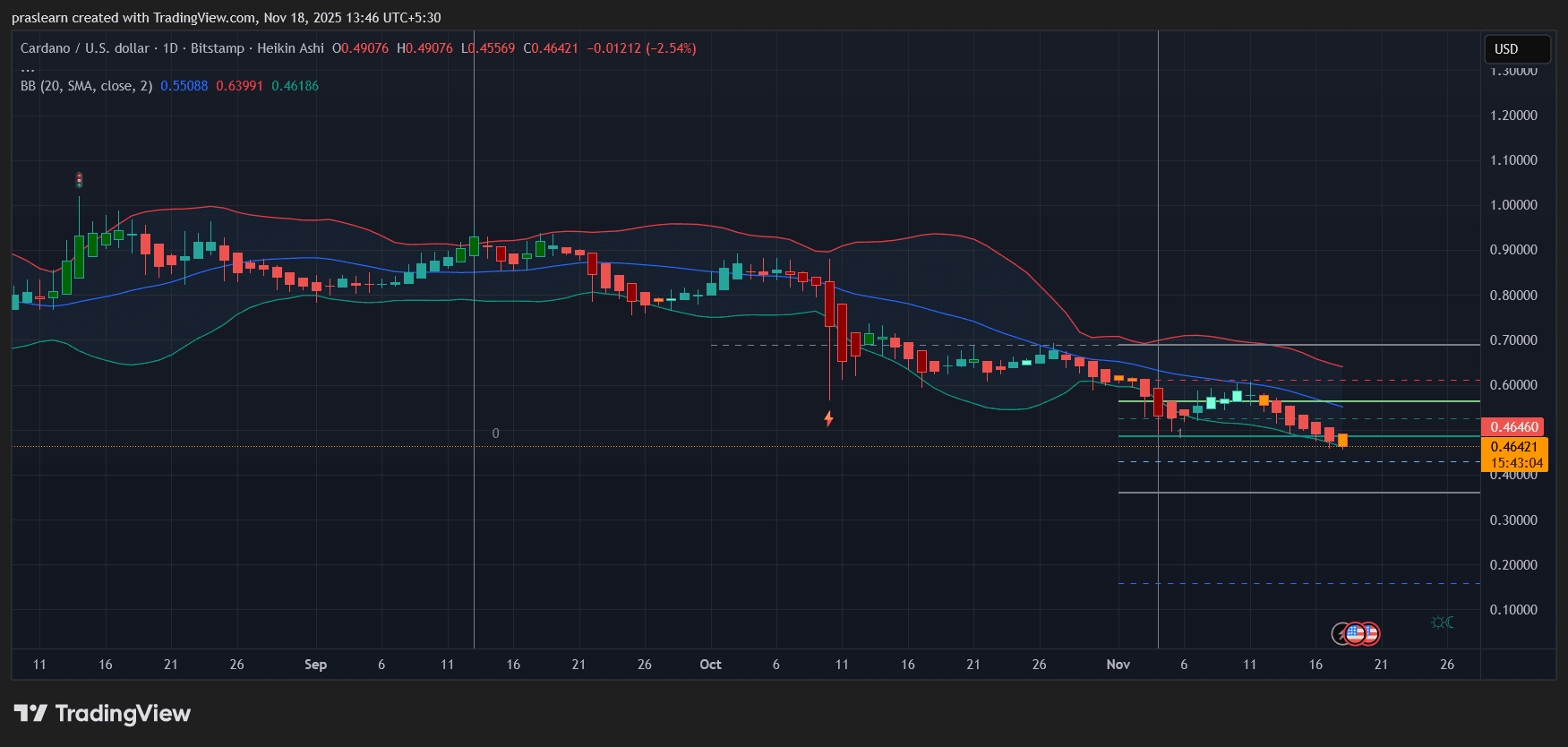A pro-AI super PAC, supported by Andreessen Horowitz and OpenAI President Greg Brockman, has selected New York Assembly member Alex Bores and his congressional campaign as its initial focus.
This PAC, named Leading the Future, was established in August with a pledge of over $100 million to back lawmakers who favor minimal or no restrictions on AI. Their mission involves opposing politicians who advocate for AI regulation. The super PAC also counts among its supporters several notable tech figures, such as Palantir co-founder and 8VC managing partner Joe Lonsdale, as well as the AI search company Perplexity.
“I respect their transparency,” Bores remarked to a group of reporters Monday evening during a Journalism Workshop on AGI impacts and governance in Washington, D.C. “When they openly say, ‘We’re planning to spend millions to oppose Alex because he might regulate Big Tech and introduce basic safeguards for AI,’ I simply share that with my constituents.”
Bores, who is campaigning to represent New York’s 12th Congressional District, noted that concerns about AI are growing among his voters, who are anxious about issues ranging from increased utility costs and climate change due to data centers, to the effects of chatbots on children’s mental health and the impact of automation on employment.
Bores is the primary sponsor of New York’s bipartisan RAISE Act, which mandates that major AI labs develop and adhere to safety protocols to prevent significant harm, and report critical safety incidents, such as the theft of an AI model by malicious actors. The legislation also bans AI companies from releasing models that pose unreasonable risks of serious harm and sets civil penalties up to $30 million for noncompliance. The bill is currently awaiting Governor Kathy Hochul’s approval.
While working on the bill, Bores said he consulted with leading AI companies like OpenAI and Anthropic. These discussions resulted in the removal of certain requirements, such as third-party safety audits, which the industry opposed. Despite these changes, both the RAISE Act and Bores himself have drawn criticism from Silicon Valley.
Zac Moffatt and Josh Vlasto, who lead Leading the Future, told Politico they plan to launch a multibillion-dollar campaign to defeat Bores’ congressional run.
In a statement to TechCrunch, they accused Bores of pushing “ideologically driven and politically motivated laws that would restrict not just New York’s, but the entire nation’s capacity to lead in AI jobs and innovation.” They argued that “legislation like the RAISE Act puts America’s competitiveness at risk, stifles economic growth, exposes users to foreign interference, and weakens national security.”
“The RAISE Act is a prime example of the fragmented, uninformed, and bureaucratic state-level laws that would hinder America’s progress and give China an edge in the global AI race,” Moffatt and Vlasto stated in their email. “The United States needs a single, coherent national framework for AI regulation that boosts our economy, generates jobs, strengthens communities, and ensures user protection.”
Many leaders in Silicon Valley have advocated for barring states from enacting their own AI regulations. Earlier this year, a measure to block state-level AI laws was included in the federal budget bill but was later removed. Now, lawmakers such as Senator Ted Cruz are looking for new ways to revive it.
Bores expressed concern that this movement could gain momentum, especially since the federal government has yet to pass any significant AI regulations. He compared states to startups, saying they can act as testing grounds for new policies and move quickly where federal action is slow.
“The real question is, has Congress addressed the issue?” Bores said. “If Congress has solved it, then states can step aside. But if they’re not passing any effective legislation and still telling states to do nothing, that just doesn’t add up for me.”
Bores also mentioned that he is collaborating with lawmakers in other states to harmonize legislation, which could address Silicon Valley’s concerns about inconsistent rules. He also believes that new laws should avoid overlapping with the EU AI Act.
Bores stressed that regulating AI is not about stifling innovation, and he has rejected proposals he believes would have negative unintended effects on the industry.
“Establishing clear guidelines, whether literal or figurative, actually supports innovation when done properly,” Bores said. “I firmly believe that the most successful AI will be the one people can trust. The argument from industry that government should have no part in building that trust is being increasingly dismissed at every level.”


